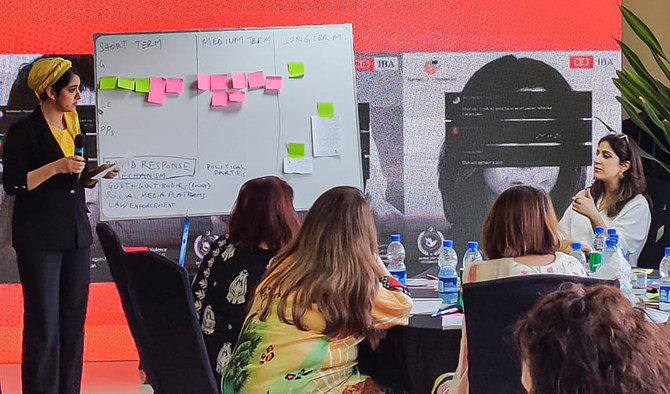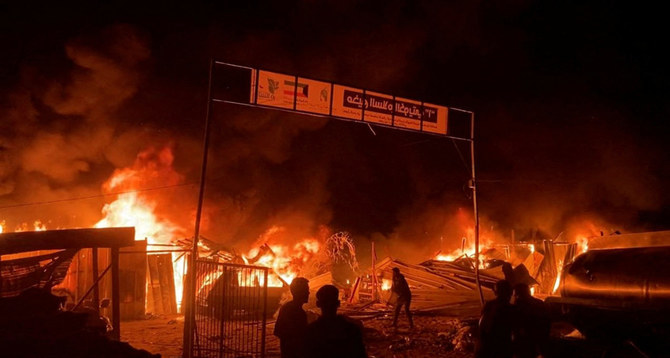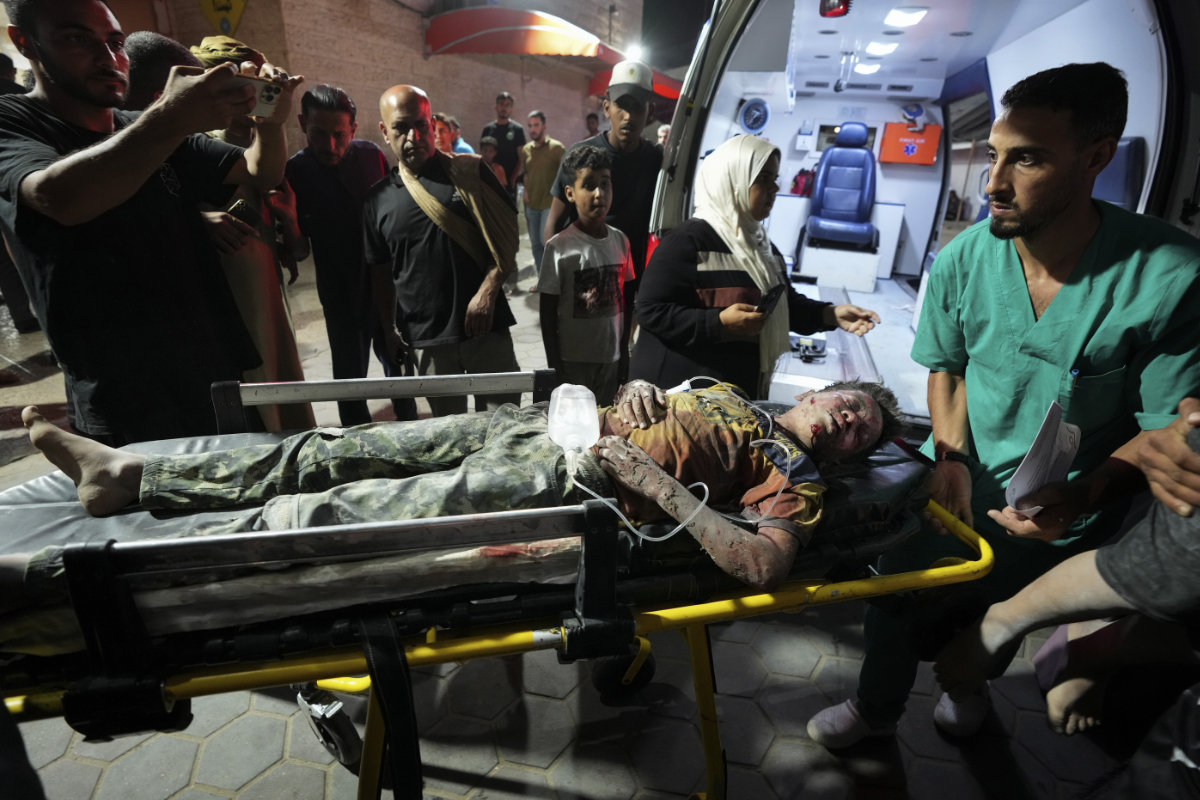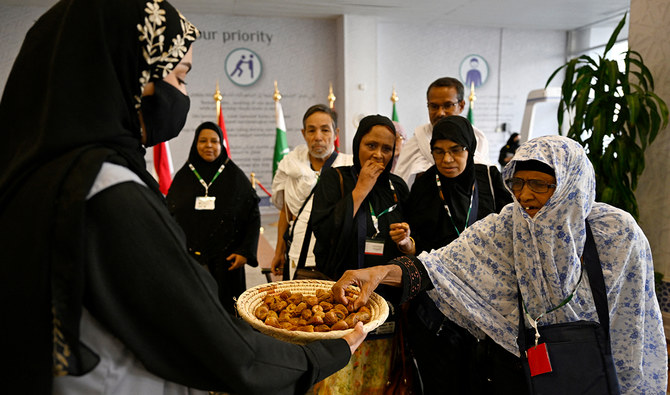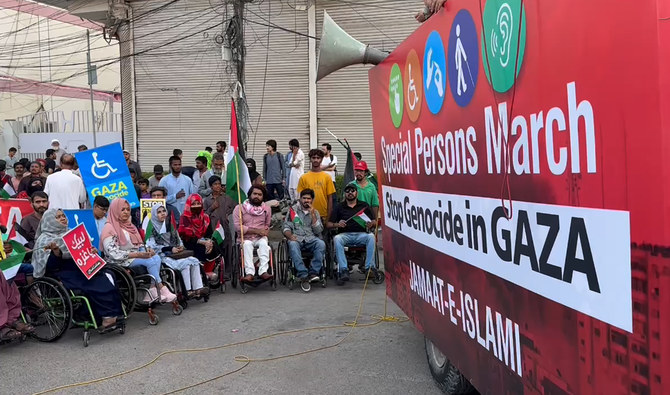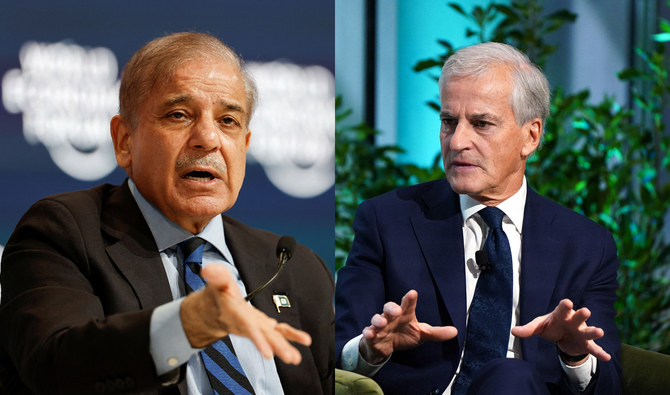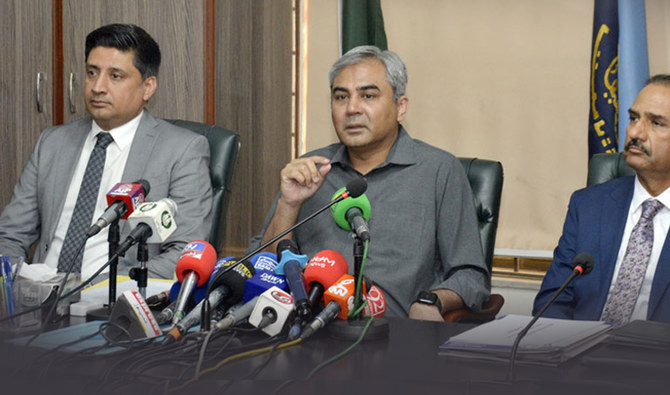ISLAMABAD: Pakistan's National Commission for Human Rights (NCHR) on Friday launched a complaint cell for the resolution of various online issues, including the targeting of women journalists and the freedom of press, the NCHR chairperson said.
Pakistan ranked 145th out of 180 countries on the World Press Freedom Index that was released by Reporters Sans Frontieres (RSF) in April this year. Online spaces are no different in the South Asian nation of 220 million, despite the constitution providing safeguards for online speech in the form of Article 19, which relates to free expression, and Article 19(A) about the right to information.
In Pakistan, laws such as sedition and defamation, particularly criminal defamation, have been used to pursue cases against journalists, according to the NCHR. The Prevention of Electronic Crimes Act (PECA) 2016 is frequently used to initiate proceedings against activists for critiquing state institutions, while women in particular face the brunt of harassment and abuse.
“This issue of harassment of women journalists is very serious and the NCHR is working on it to find short, medium, and long-term solutions to deal with this issue,” NCHR chairperson Rabiya Javeri Agha told Arab News.
“This complaint cell will be dedicated to resolve human rights issues that arise from the targeting of women journalists, to ensure the freedom of the press.”
The statement came after the NCHR, in collaboration with the Digital Rights Foundation (DRF) and the Centre for Excellence in Journalism (CEJ), held a consultative meeting with women journalists from across Pakistan to listen to their concerns and collectively address the challenges they faced on a daily basis.
Based on input from women journalists, Agha said, the commission would give its recommendations to the government for their protection.
“Pakistan has a lot of legislation regarding the protection of women, but the issue is its implementation to the grassroots level,” she added.
Nighat Dad, founder of the DRF advocacy group, said online violence against women journalists had increased in the last couple of years, which had made their work difficult.
“There is a lot of difficulty at the law enforcement level, especially in the implementation of the Prevention of Electronic Crimes Act and also cases were not being forwarded by the concerned authorities, which is a big challenge and a hurdle,” Dad told Arab News.
She urged the NCHR to take ownership and push the authorities for swift actions on complaints filed by women journalists.
Women journalists at the meeting confirmed an increase in online harassment, threats and violence during the last few years, saying it had adversely impacted their work.
Journalist Asma Shirazi said certain political parties and institutions wanted to keep them from discussing press freedom, human rights, democracy and accountability.
“I have never favored any political party but faced an organized campaign by a few people of a certain political party to discredit me through different labels and by associating me with a certain political party,” she told Arab News.
Amber Rahim Shamsi, a journalist who is now the CEJ director, said a swift arrest and punishment could reduce online harassment issues.
“The only way to combat online trolling is arresting and punishing the perpetrators which is a collective job of law enforcement agencies, judiciary and political parties,” Shamsi told Arab News.
“There should be an institutionalized one place where women journalists can send their complaints and they can swiftly follow it for concrete action against the perpetrators.”
Najia Ashar, an anchorperson, said trolling and harassment faced by female journalists had not only disturbed their mental health, but also forced them to limit their work and visibility.
“In our society, women already faced problems due to restrictions and online harassment, threats and abusive comments have made work of women journalists more difficult,” Ashar said.
She said the country's legal system was complex and involved lengthy procedures, which was one of the reasons that a majority of women journalists avoided reporting such cases to the law enforcement.
“There should be a mechanism where women can report online issues and that institute should act quickly and with secrecy,” Ashar added.



